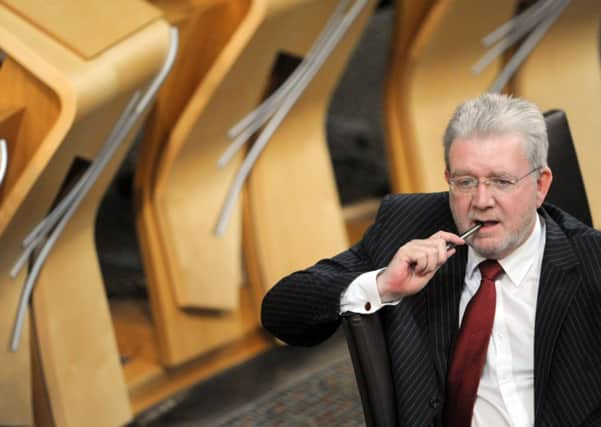Independent Scotland ‘easier to visit and study in’


Speaking in Christchurch, ahead of an international education conference starting tomorrow, Mr Russell MSP said the UK’s immigration rules were very difficult for people to work their way through and the Scottish government wanted to have a much more open view.
“There has been a lot of difficulty with the visa system and we want to encourage more people, particularly post-graduates, to come to study in Scotland,” he said.
Advertisement
Hide AdAdvertisement
Hide AdMr Russell, who is is leading a UK delegation to the International Summit on the Teaching Profession organised by the Organisation for Economic and Education International in Wellington, fielded questions about dips in polls showing support for independence.
Speaking in Dunedin where he gave a public lecture about the referendum vote, Mr Russell said earlier polls showing a 20 per cent polling lead for the “no” vote had since narrowed considerably, to about 10 per cent and the momentum was with independence campaigners.
He told the audience that people who say Scotland will lose the pound or billions in oil revenues are scare-mongering.
Mr Russell also said he was supporting Dunedin’s bid to gain UNESCO City of Literature status, which Edinburgh already enjoys.
A spokesman for the Better Together campaign said: “It seems Mike Russell would rather travel the world talking up separation than face up to the concerns of student groups about the consequences of leaving the UK on Scotland’s young people.
“We know from the Scottish Government’s own figures that EU law means we wouldn’t be able to charge students tuition fees from elsewhere in the UK, so either Scottish student places would get squeezed or tuition fees would be introduced. Mike Russell needs to be honest about which it is to be.”
Mr Russell and Larry Flanagan of the Educational Institute of Scotland are due to make a joint address to the annual summit which brings together education ministers, national teacher trade union leaders from 13 countries including the US, Germany, Japan, Denmark and Sweden.
SEE ALSO